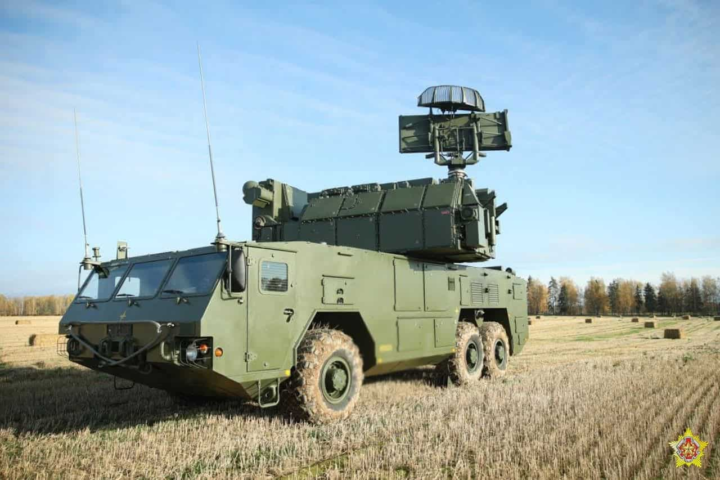By April 2025, a clearer picture became evident of just how vast and sophisticated China’s state-sponsored army of hackers has become. What was once considered to be a loose association of fragmented cyber spy teams has since evolved into a vast ecosystem that combines military educated hackers, lone-wolf mercenaries, brilliant university students, and even commercial developers. That metamorphosis wasn’t an accident. It was a result of twenty years’ worth of systematic investiture, recruiting, and experimentation.
China’s national cyber strategy rests atop a core overwhelming strength:
Whereas Western nations are tempted to constrain offensive cyber action to their militaries and their intelligence agencies, China has created an open-ended marketplace. The nation employs hackers who come from college competition circuits, from national programs, and increasingly from unsavory middlemen who are associated with hack-for-hire shops. The contractors are typically employed by both by the government and by commercial clients, within a legal gray area that gives a sense of deniability to the nation.
These are huge collections of front firms, purported to be privately owned but secretly collaborating with military or public security organizations. The firms are global, typically pretending to be penetration testers or software developers. In reality, they are waging large-scale, sophisticated spying campaigns against foreign governments, corporations, and infrastructure.

With growing tension between major world powers, Chinese cybertime is less trending toward garden-variety info robbery. The new plans outline growing enthusiasm toward long-term access: sowing malware to stay dormant within a target or a system by the months or even years, then activating it. That’s a trend toward eventual disruption—sowing the ground, so to speak, as much for disruption as reconnaissance, as a future war strategy. Creating a sense of urgency is China’s aggressive recruiting tactic. The American and European intelligence agencies have stated Chinese operatives are recruiting foreign experts with spoofed research scholarship deals, company recruiting speeches, and think tank positions to elicit sensitive technical intelligence. Hacking within China has been promoted as a patriotic deed and youth are being groomed into competitions that are feeder programs into Information Dominance Units within a particular Ministry.
Why China’s hacking army is so formidable isn’t that it’s large—it’s that it’s fluid. Government-backed teams such as Volt Typhoon and Silk Typhoon are loosely hierarchical, basically operating as quasi-independent militias. They collaborate with universities, recruit from forums, and develop their own software with AI-adaptive vulnerability scans and exploit construction. Those are sold, traded, or used to strike everything from military infrastructure to telecommunications and news outlets.
It’s a system of survivability, obscurity, and constant redefining. This decentralization encourages invention and deniability. If a unit comes into view, then they can disavow any knowledge but still sustain their operation through side channels. Whilst the map of geopolitics becomes even less stable, China’s arsenal of cyber weapons comes into focus as a prime harbinger of digital war. Whereas classical war leaves behind a smoking gun, cyber war leaves behind no more than virtual footprints, erased or spoofed. In shadow war theater, China’s army of hackers already has a stranglehold—though, covertly cultivating a new form of power projection, but which moves neither with tanks nor with missiles, but with code, with stealth, with a semblance of plausible denial.











